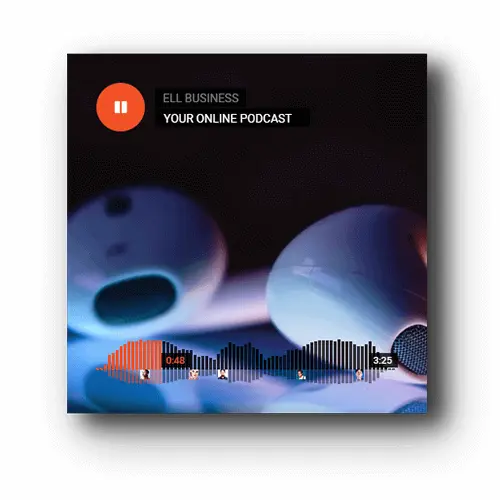Having a solid understanding of basic financial terms and methods is crucial to your career. When terms like ROI, EBIT, GAAP, and extrapolation are brought in as talking points, you’ll want to feel fully confident you understand the concepts and meanings. Our Budgets and Finance course will give you a solid foundation in finance. We cover topics around financial statements, budgets, forecasting, purchasing and financial law.
Study our course in the way you want. In small units or in one. Synchronise your learning between any device and remember and track your progress. Study and answer questions at your convenience and at the end of the course, if you answer more than 80% of the questions correctly, qualify for a certificate of achievement. You can even log your CPD hours.
In all our business courses, you get access to around six hours of e-learning that you can watch, listen and read. There are usually 100 questions and at the end of the course you will receive a certificate of completion that you can use against any personal or professional development requirements. As well as the course, you also receive a FREE e-book that you can read on your Kindle or other e-reader. You also get a FREE audiobook of the course so you can listen to the whole course uninterrupted on your device.













